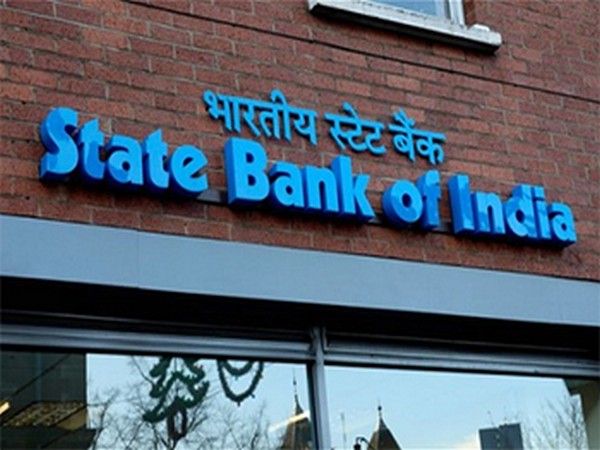


The State Bank of India’s (SBI) request to extend the Superme Court deadline until June 30 to provide the Election Commission of India with information about its electoral bonds was denied by the apex court on Monday. Instead, the bank was instructed to provide the information by March 12. The order came during the hearing on the SBI petition before the five-judge Constitution bench headed by Chief Justice of India DY Chandrachud and Justices Sanjiv Khanna, BR Gavai, JB Pardiwala, and Manoj Misra.
The top court further ordered the Election Commission of India to gather the data that needs to be provided by the SBI and post the information by 5 pm on March 15, 2024, on its official website.
The bench issued the following order regarding SBI’s appeal today: “SBI’s submissions in the application show that the information requested is easily accessible. Consequently, the SBI’s motion for a time extension till June 30 is denied. SBI has been instructed to release the information by March 12, 2024, at the latest, during business hours.”
“As regards the Election Commission of India, we direct them to compile the information and publish the information on their website no later than by 5 pm on March 15, 2024,” it stated.
If the SBI fails to adhere to the latest order, the Constitution bench further threatened to hold it in contempt of court. “Though we are not exercising the contempt jurisdiction, but we place SBI on notice that this court will proceed against it for wilful disobedience if it does not comply with the timelines indicated in this order,” instructed the bench.
The Communist Party of India (Marxist), Common Cause, and the Association for Democratic Reforms (ADR) have filed a contempt petition against the bank for failing to disclose information about electoral bonds in defiance of orders from the top court.
The bank stated that there are various practical issues with the decoding exercise and the scheduled time for it.
The Chief Justice of India (CJI) retorted that the court’s orders only required the bank to reveal the information, not to carry out a “matching exercise,” and that the bank possessed the required data, as shown by its KYC records.
You are stating that there are two distinct information silos, and it would take a lot of work to match them. However, as you can see from the instructions we provided, you were not asked to do this matching task. All we’ve done is order clear transparency. The justifications you provide for asking for more time are completely at odds with the instructions we gave.”